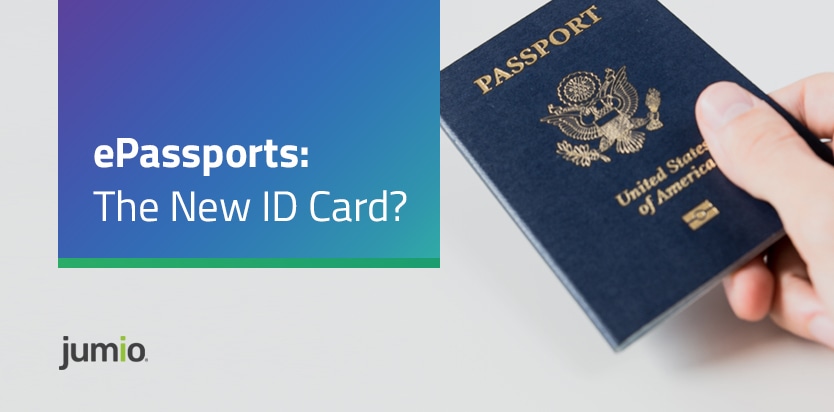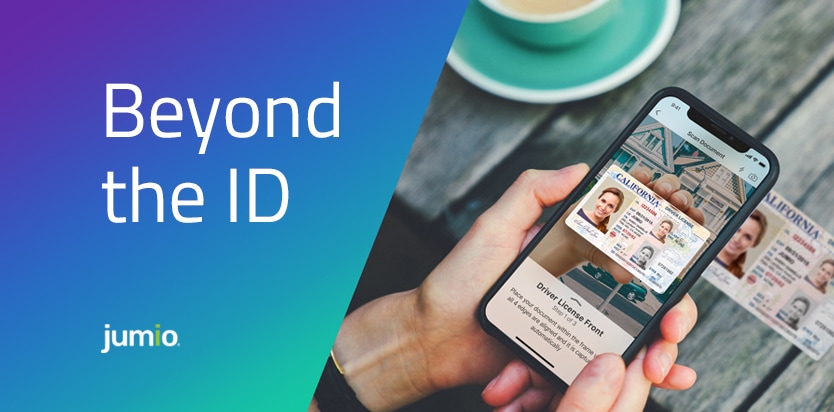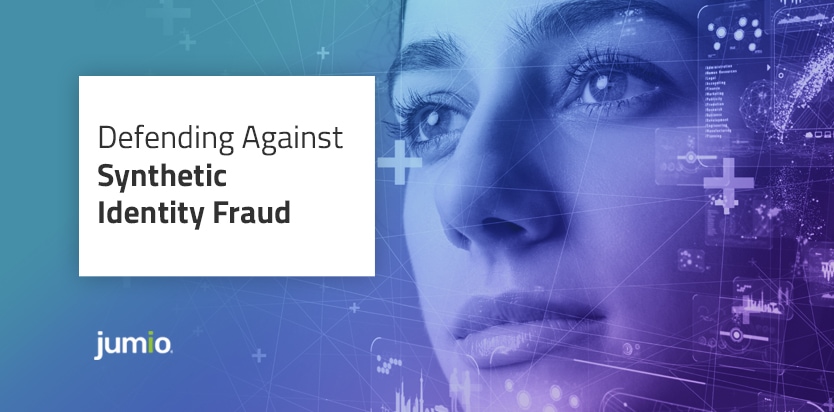Once a company has made the decision to use online identity verification, leveraging a government-issued ID and a corroborating selfie, the next big decision is what type of implementation they should use. There are typically three options: Mobile SDK: The identity verification functionality is embedded within a mobile software development kit (SDK) that is integrated…
11 Big-Time Benefits of Mobile SDK-Based Implementations for Online Identity Verification










